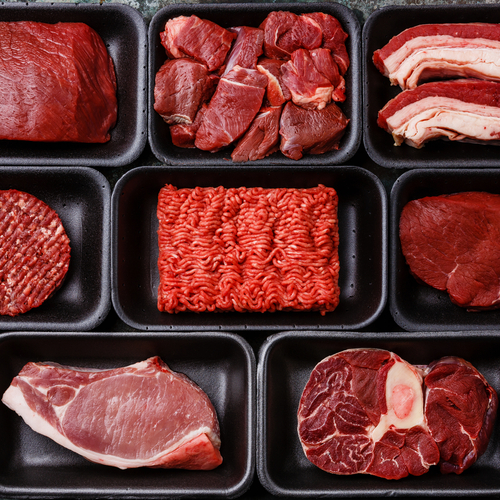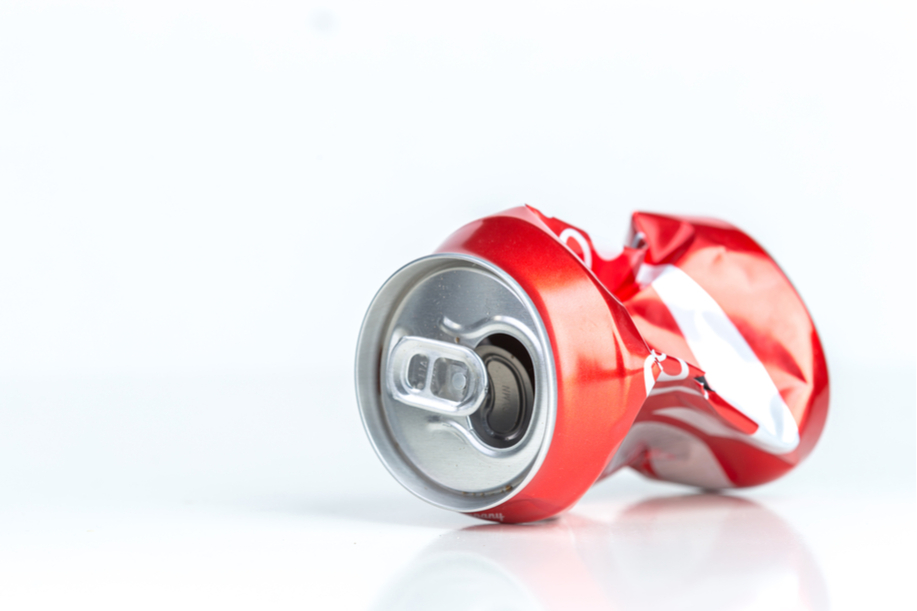Summer’s here. But in a few Vancouver neighborhoods the familiar melody of that summer standby — the ice cream truck — won’t be heard any more. Ice cream trucks have now been banned from three Squamish Nation communities. Apparently, Canadian food activists think fudgesicles and Italian ices are to blame for high rates of obesity in Canada’s Native population.
Doris Paul, the driving force behind the ban, has “always equated the ice cream truck with the poor health of her people.” And she’s not the only one. Michael Jacobson, director of the Center for Science in the Public Interest (CSPI) and one of the nation’s most zealous food cops, told Good Morning America that if you decide to eat ice cream, “you’re going to kill yourself.”
Even the provincial health officer in Vancouver, Perry Kendall, is on board with the ban. The way he sees it, removing the temptation to eat sweets is the best way to ensure a healthier population.
But what about all the stores selling ice cream and other goodies? So far, all the blame has been laid squarely at the feet, or rather the wheels, of ice cream trucks. While Kendall admits that “cold ice cream on a hot day is a revered tradition,” he goes on to caution that “if you have eight, you’ll get fat.”
And there’s the rub. Everybody knows that eating too much of anything is bad for you. And ice cream isn’t exactly a health food. But banning ice cream trucks isn’t going to change overall eating habits. And as we’ve been saying for years, “Anyone with an IQ higher than room temperature understands that the best way to stay healthy is to enjoy a variety of foods in moderation – and, of course, to exercise regularly.”




